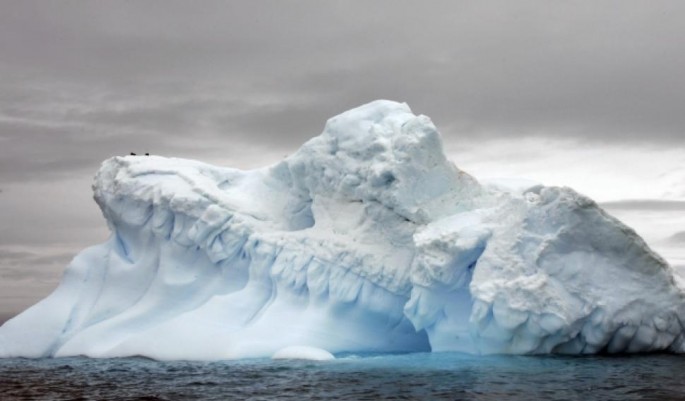Once again, scientists seem to be fiercely debating whether or not global warming has slowed down during the 2000s. In fact, reports of a global warming "hiatus" triggered the debate between scientists and climate change skeptics in 2013, which was eventually restrained last year itself. Interestingly, the subject is back in circulation again.
Global warming "hiatus" suggested that though the planet is still warming, the pace of global warming and climate change has slowed down somewhat during the last 15 years. In fact, the United Nation's Intergovernmental Panel on Climate Change was the first to point out in a report in 2013 that there was a pause or slowdown in global warming since the turn of the last century. The repot further observed that the pace of warming during the period between 1998 and 2012 was "smaller than the rate calculated since 1951," Washington Post reported.
However, the controversy was put to an end, albeit temporarily, when the National Oceanic and Atmospheric Administration posted temperature records suggesting there was no slowdown whatsoever at all. The NOAA report found that "Newly corrected and updated global surface temperature data .... do not support the notion of a global warming 'hiatus.'"
Findings of some other recent studies on global warming and climate change have hinted that the belief of a slowdown or pause in global warming may actually signify a bias amongst scientists themselves. They suggest that a section of environmental scientists have defined global warming in inconsistent ways. Moreover, comparing temperature records for a short duration do not represent the true picture, the findings hinted.
Meanwhile, a group of prominent environmental scientists have now challenged the conclusions of NOAA in a commentary published in Nature Climate Change this week, Scientific American reported.
The publication quoted John Fyfe, the lead author of the commentary and an environmental scientist at Environment and Climate Change Canada, as saying, "The interpretation [the NOAA group] made was not valid." Fyfe confirmed that even the new data released by NOAA shows a slowdown in global warming.
While the disagreement may appear to be somewhat strange, it certainly highlights the biggest disagreement on climate in the past decades. In fact, the climate models, which are implicit depictions of the earth, show that the plant's temperatures were much higher in the early 2000s compared to the actual figures.
Even as scientists are trying to comprehend the reasons, there are various implications, including natural shifts occurring in the Pacific Ocean every decade and cooling of aerosols churned out during volcanic eruptions. While skeptics are suggesting that there has been no global warming since 1998, questions relating to the actual rate of global warming remain unanswered.
Check out some facts related to global warming below:






















